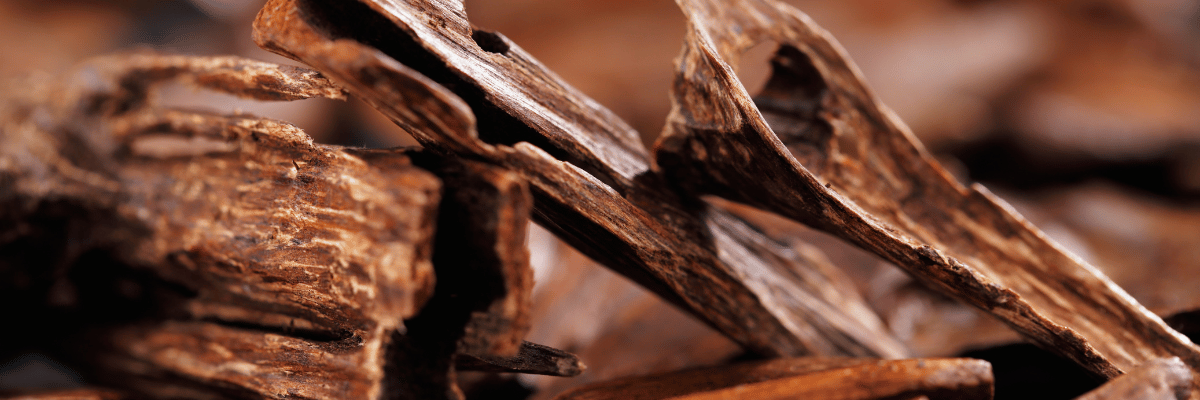Login/Signup
My account
My account

Cambodian Char is a distinctive type of agarwood characterized by its flattened, often sheet-like shape. This unique formation is a result of natural processes or intentional drying techniques.
The demand for Cambodian Char has been increasing in recent years, driven by its unique shape and cultural significance. Factors such as quality, scarcity, and market trends influence pricing.
Ensuring sustainable harvesting and processing practices is crucial for protecting agarwood trees and ensuring their long-term availability. Efforts are being made to promote ethical sourcing and support reforestation initiatives.

Cambodian Char Oud is a valuable and sought-after variety, known for its distinctive shape and versatile applications. By understanding the characteristics of Char and supporting sustainable practices, we can contribute to the preservation of this precious natural resource.
You can purchase all kind of Agarwood or High high-quality oud directly from Our Website or also you can buy our Oud from our online agarwood marketplace Aroma SouQ